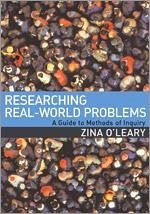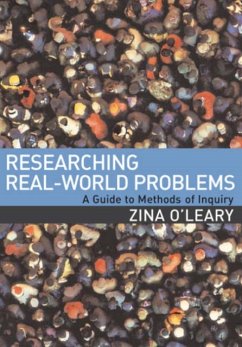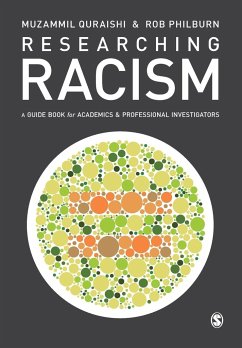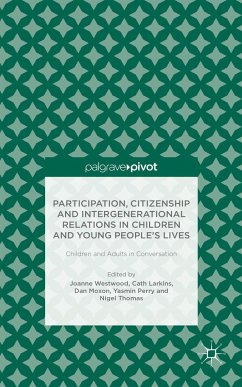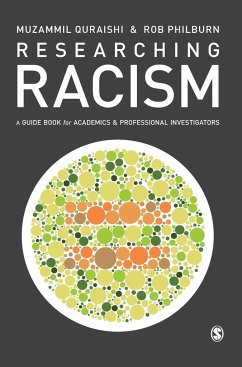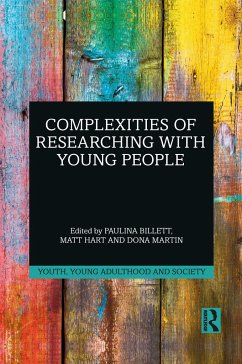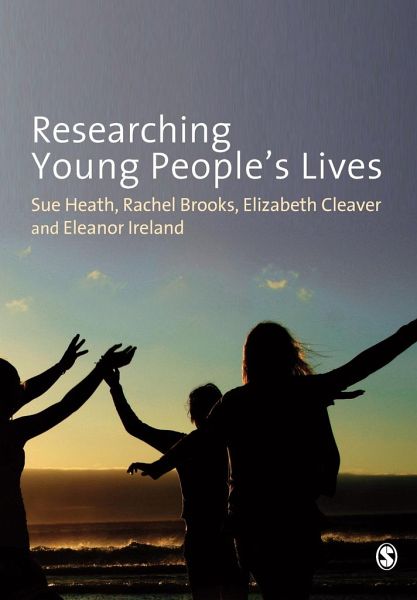
Researching Young People's Lives
Versandkostenfrei!
Versandfertig in 6-10 Tagen
35,99 €
inkl. MwSt.
Weitere Ausgaben:

PAYBACK Punkte
18 °P sammeln!
'Researching young people's lives will be useful to both the novice researcher and anyone interested in learning about new methods of practice' - Youth Studies AustraliaResearching Young People's Lives provides an overview of some of the key methodological challenges facing youth researchers and an introduction to the broad repertoire of methods used in youth-orientated research.The book is split into two sections. In the first half of the book, the authors consider the broad methodological and contextual concerns of relevance to the design and conduct of youth research, including ethical issu...
'Researching young people's lives will be useful to both the novice researcher and anyone interested in learning about new methods of practice' - Youth Studies Australia
Researching Young People's Lives provides an overview of some of the key methodological challenges facing youth researchers and an introduction to the broad repertoire of methods used in youth-orientated research.
The book is split into two sections. In the first half of the book, the authors consider the broad methodological and contextual concerns of relevance to the design and conduct of youth research, including ethical issues, the importance of context, and the rise of participatory approaches to youth research. The second part of the book focuses on the use of specific research methods in the conduct of youth research, ranging from surveys and secondary analysis through to interviewing, ethnography, visual methods, and the use of the internet in youth research. Throughout the book, the emphasis is on research in practice, and examples are drawn from recent youth research projects from a wide range of disciplines and substantive areas, and from a range of both UK and non-UK contexts.
This is an ideal introduction to the field for novice researchers, in particular students studying and researching in the broad area of youth studies. It should also appeal to practitioners engaged in evaluation of service provision to young people, and to established youth researchers who might wish to explore the potential of using a different set of methods to those with which they are already familiar.
Researching Young People's Lives provides an overview of some of the key methodological challenges facing youth researchers and an introduction to the broad repertoire of methods used in youth-orientated research.
The book is split into two sections. In the first half of the book, the authors consider the broad methodological and contextual concerns of relevance to the design and conduct of youth research, including ethical issues, the importance of context, and the rise of participatory approaches to youth research. The second part of the book focuses on the use of specific research methods in the conduct of youth research, ranging from surveys and secondary analysis through to interviewing, ethnography, visual methods, and the use of the internet in youth research. Throughout the book, the emphasis is on research in practice, and examples are drawn from recent youth research projects from a wide range of disciplines and substantive areas, and from a range of both UK and non-UK contexts.
This is an ideal introduction to the field for novice researchers, in particular students studying and researching in the broad area of youth studies. It should also appeal to practitioners engaged in evaluation of service provision to young people, and to established youth researchers who might wish to explore the potential of using a different set of methods to those with which they are already familiar.





